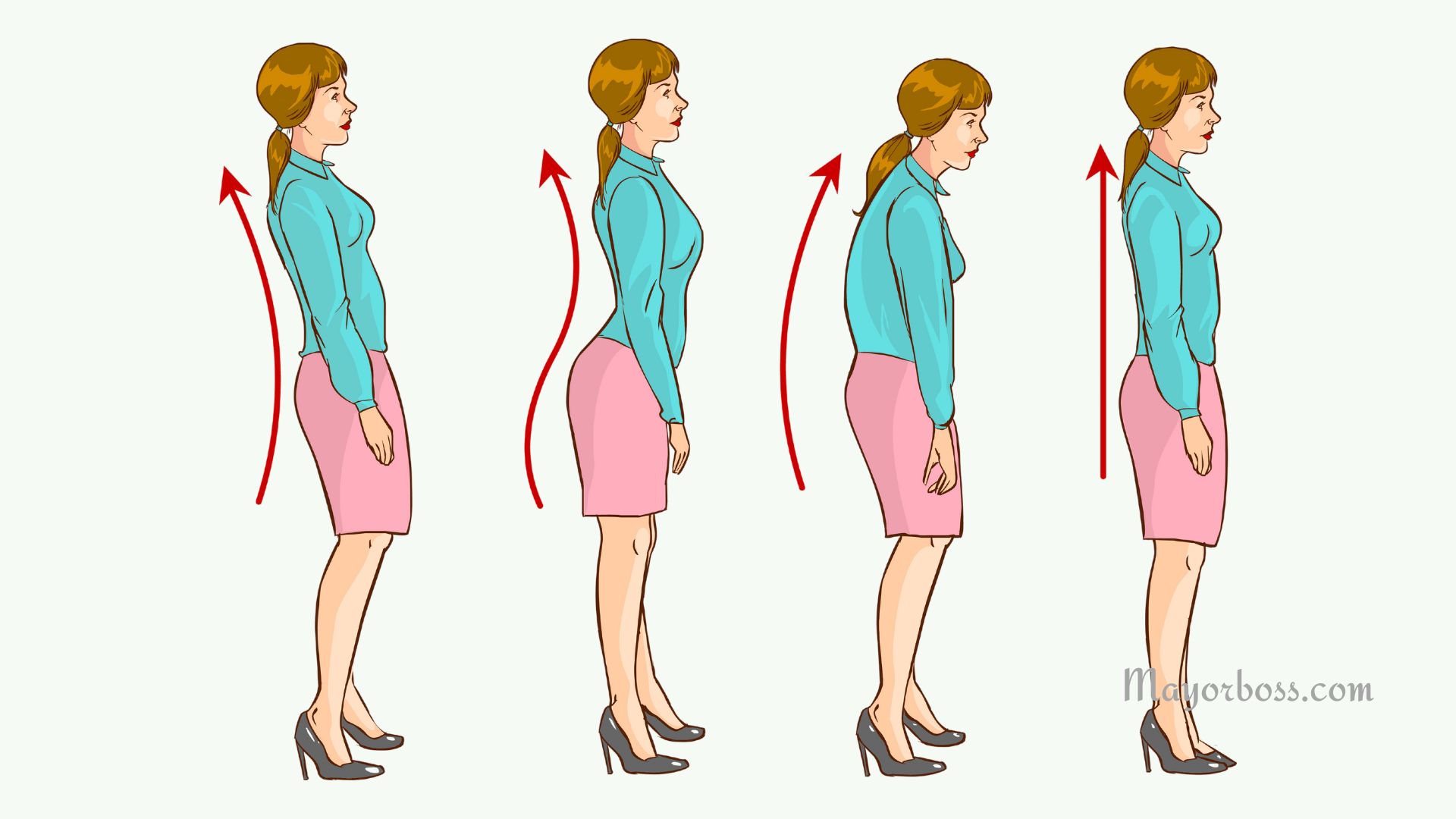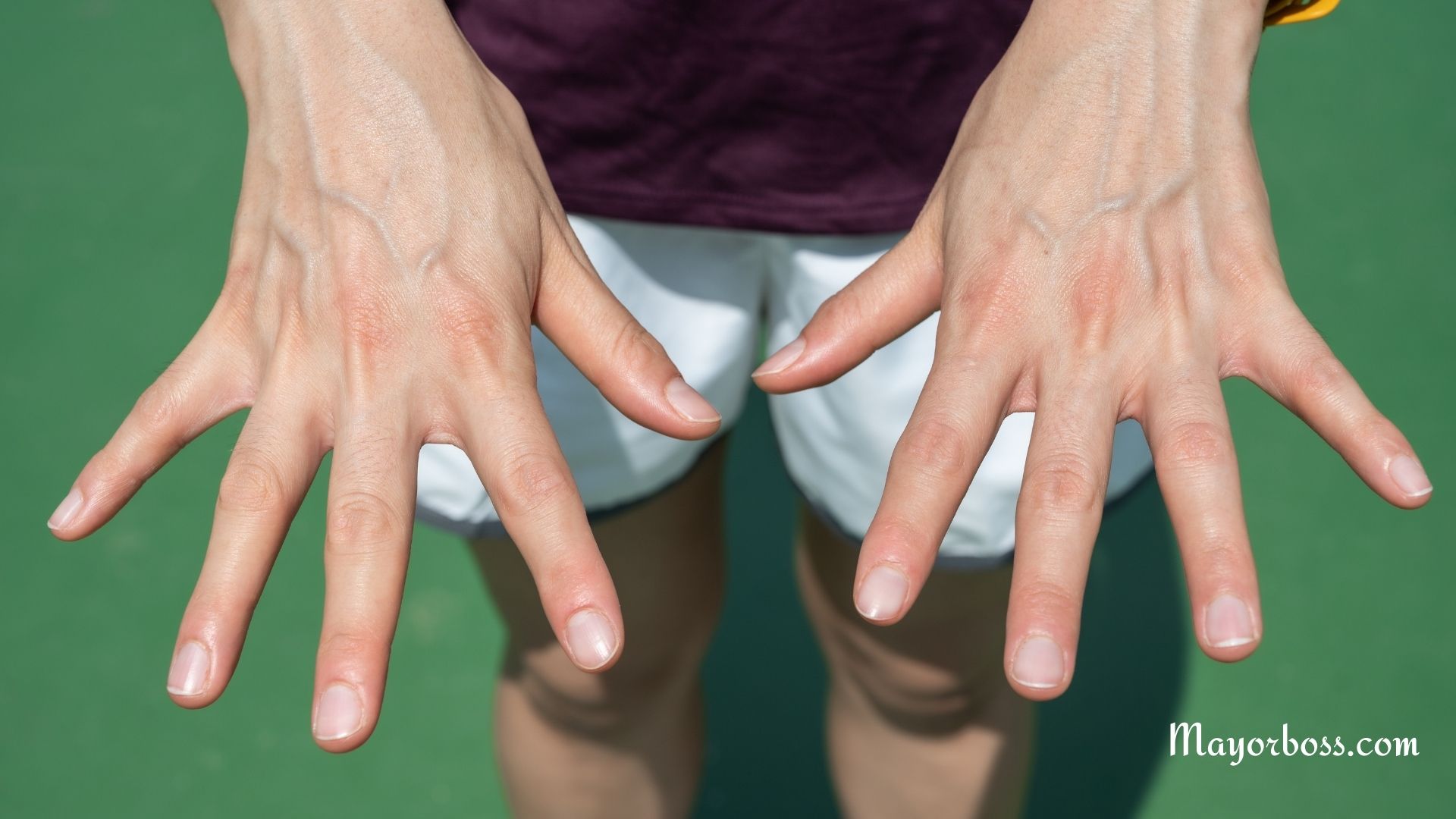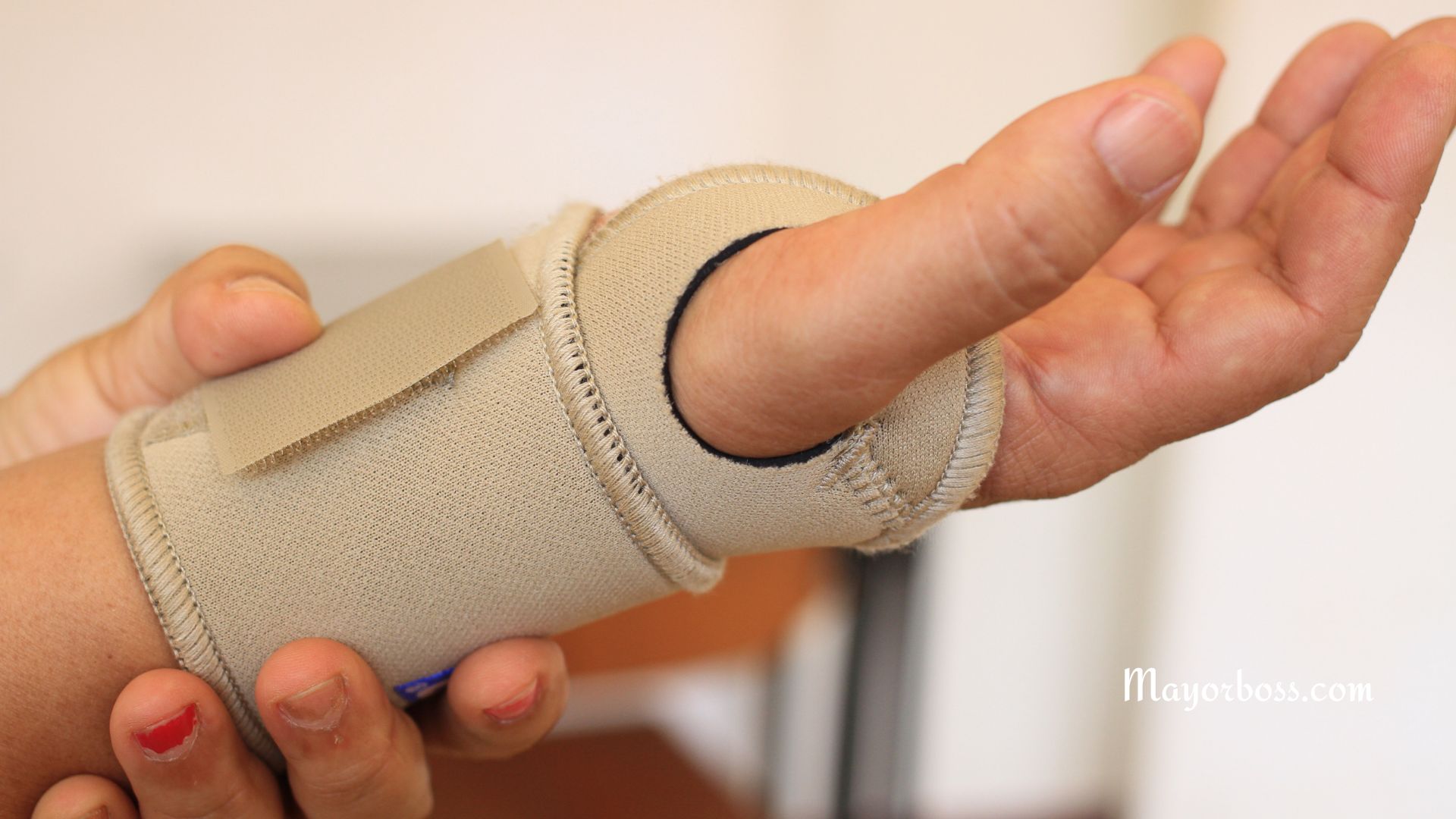Why Do I Sweat More Than Other People?
Sweating is a normal process, helping your body regulate temperature. However, you might notice that you sweat more than others around you. This could be due to a variety of factors. Let’s explore some of the main reasons why you might be experiencing more sweating.
Your Genetic Makeup
Your genes play a significant role in how much you sweat. If your family members tend to sweat more, chances are, you might too. This is because sweat gland density and responsiveness can be inherited traits.
Body Size and Composition
Larger people or those with more muscle mass usually sweat more. This happens because their bodies generate more heat during activities. So, if you’re physically bigger or more muscular, you might find yourself sweating more than someone smaller or less muscular.
Active Individuals
People who are physically fit often start sweating sooner and more efficiently. This is because their bodies have adapted to cooling down efficiently during exercise. So, if you’re in good shape, you might sweat more as your body’s way of regulating temperature effectively.
Inactive Lifestyle
Conversely, if you’re not as active, your body might sweat more to try to cool down, as it’s not as efficient at regulating temperature.
Hot and Humid Conditions
The weather greatly influences how much you sweat. In hot or humid environments, your body sweats more to cool down. Additionally, if you’re dressed in warm clothes or in an environment with poor ventilation, you’ll likely sweat more.
Spicy Foods and Caffeine
Certain foods and drinks can trigger more sweating. Spicy foods and caffeinated beverages are known to stimulate sweat production.
Hydration
Staying well-hydrated is crucial. When you’re hydrated, your body sweats more efficiently. If you’re dehydrated, you might sweat less, but this isn’t good for your body’s cooling system.
Emotional State
Your emotional state can influence sweating. Stress, anxiety, and nervousness can trigger the sweat glands, especially those under your arms and on your palms and soles.
Hyperhidrosis
Some people have a condition called hyperhidrosis, where they sweat excessively without the typical triggers like heat or exercise. It’s a medical condition that can be treated, so consulting a healthcare provider is a reasonable choice if you suspect you have hyperhidrosis.
Other Health Issues
Certain health conditions like diabetes, thyroid problems, and infections can also increase sweating. Medications for some conditions can have a similar effect.

What You Can Do
Observe and Adapt
Pay attention to when and where you sweat the most. Adjusting your environment, clothing, and activity level can help manage sweating.
Stay Hydrated and Mindful of Diet
Drink plenty of water and be mindful of foods and drinks that might increase sweating.
Stress Management
Practicing relaxation techniques can help if emotional stress is a factor.
Use Antiperspirants
Over-the-counter antiperspirants can be effective. They contain ingredients that temporarily block sweat pores, lessening the amount of sweat that reaches your skin.
Consult a Healthcare Provider
If your sweating seems excessive or is affecting your quality of life, it’s wise to talk to a healthcare professional. They can determine if there’s an underlying condition and suggest appropriate treatments.
All in all, sweating is a natural bodily function, and everyone sweats differently.
Further Reading: 6 Foods That Cause Excessive Sweating






